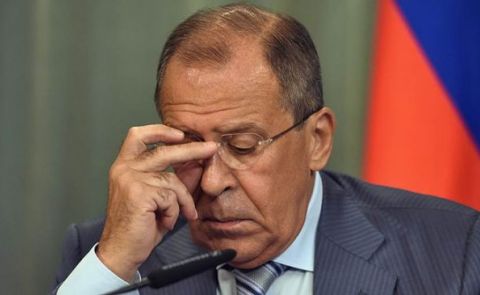
EU Delegation on the Importance of Azerbaijan in the Energy Trade Sector and the Karabakh Issue
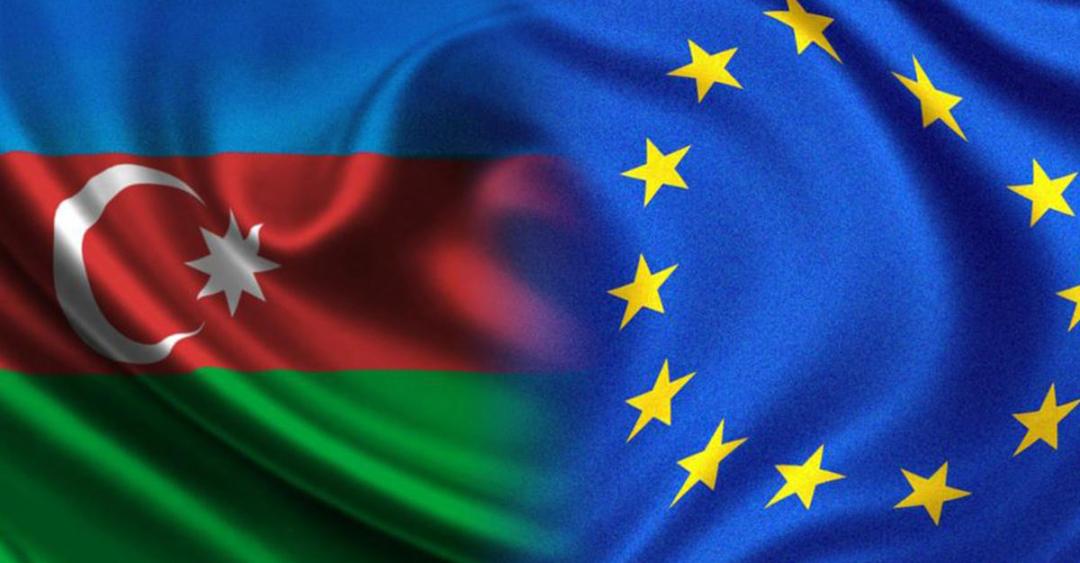
On 6 June, in response to Azerbaijani Foreign Minister Jeyhun Bayramov's speech at the special session of the OSCE Permanent Council, the EU delegation said in a statement that Azerbaijan is an important partner for the EU. "We are particularly interested in continuing and strengthening our productive cooperation in the fields of energy, reforms, trade and investment," it added.
The statement said energy and connectivity were key elements of the EU's economic and investment plan. "The aim of the plan is to attract significant public and private investment of up to €2 billion to Azerbaijan. Azerbaijan plays a key role in the development of the Middle Corridor connecting Europe with Central Asia and beyond, and in particular in the diversification of energy sources and transport routes through the Southern Gas Corridor. A Memorandum of Understanding on a strategic partnership in the field of energy was signed in Baku," the EU statement said.
The EU is convinced that strengthening the rule of law, human rights and democratic The EU is convinced that the strengthening of the rule of law, human rights and democratic institutions serves the long-term interests of Azerbaijan and the creation of an independent, stable and prosperous country. "At the meeting of the Subcommittee on Justice, Freedom, Security and Human Rights and Democracy held in Brussels on 22-23 May, the EU noted the steps taken to strengthen Azerbaijan's judicial system, establish effective anti-corruption mechanisms and modernise public administration to ensure transparency in line with EU standards. At the same time, the EU noted the importance of taking additional steps to ensure the independence and impartiality of Azerbaijan's judiciary and expressed concern about the continued persecution of independent voices (individuals). The EU also supported the position of the Venice Commission on the Media Law and the Law on Political Parties and expressed concern that these laws may affect political pluralism and the exercise of freedom of assembly in Azerbaijan. The EU is Azerbaijan's main partner in reform and stands ready to assist Azerbaijan in implementing meaningful reforms. In line with the EU's principled position against the death penalty at all times and in all circumstances, we welcome Azerbaijan's signature last March of Protocol No. 13 to the European Convention on Human Rights, which prohibits the death penalty in all circumstances, and look forward to its ratification. The EU encourages Azerbaijan's positive co-operation with the OSCE in all three areas, a constructive approach and flexibility in the urgent adoption of necessary decisions to ensure the effective functioning of our Organization and all its structures, in particular in the area of the Unified Budget and budgetary issues," the statement underlined.
The European Union also addressed the Karabakh issue in its response statement. In its statement, the EU recalled that it warmly welcomed the re-engagement of Azerbaijan and Armenia in the EU-led peace talks, which reaffirmed the parties' recognition of each other's sovereignty and territorial integrity in Brussels on 14 May. "The meeting in Chisinau on 1 June, attended by the leaders of France and Germany, once again demonstrated their commitment to the process. We reiterate that negotiations and dialogue are the only way to achieve a just and comprehensive peace between Azerbaijan and Armenia. Continuity of dialogue and concrete results are therefore crucial for the process and we welcome Baku's participation in the next EU-brokered meeting on 21 July, where further progress must be made. We call on Azerbaijan to develop a positive agenda that protects the rights and security of the Armenian population in Nagorno-Karabakh. The current situation is disturbing and has a negative humanitarian impact, as the ethnic Armenian population has experienced repeated disruptions to basic energy and communication services, and reports of frequent ceasefire violations raise serious concerns for their well-being. At the same time, we urge all parties to refrain from hostile rhetoric and instead promote a narrative that builds confidence and creates an environment conducive to peace negotiations. Additional confidence building measures should be implemented, in particular regarding the release of detainees. The EU will continue to offer support for de-mining activities and we stress the importance of cooperation between the parties to identify mined areas," the report added.
See Also

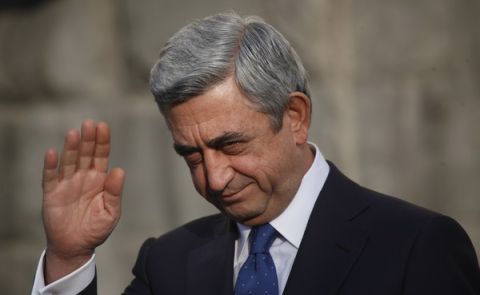
Serzh Sargsyan Rejects Charges, Backs Impeachment, and Warns of Secret Deals
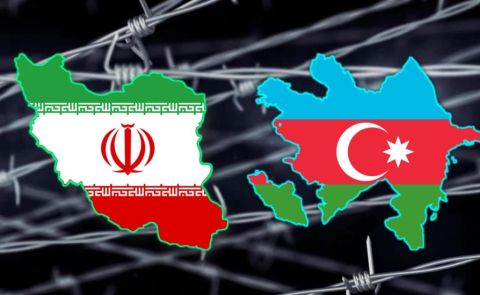
Azerbaijan Confirms Execution of Terrorist Behind Embassy Attack in Iran
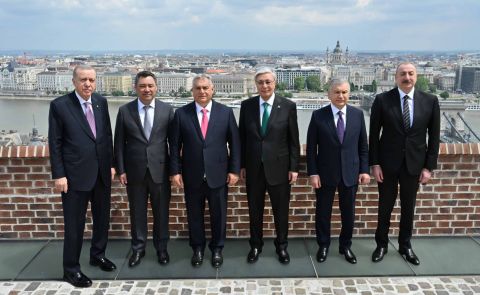
Turkic Leaders Adopt Budapest Declaration, Emphasizing Peace, Trade, and Digital Connectivity
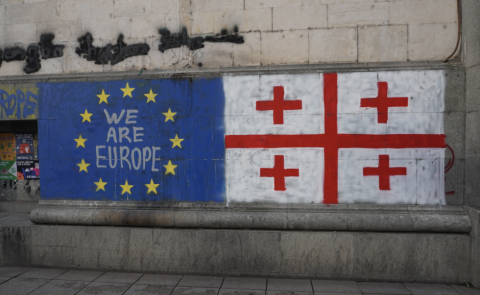
International Officials Criticize Georgian Dream Amid Democratic Concerns

